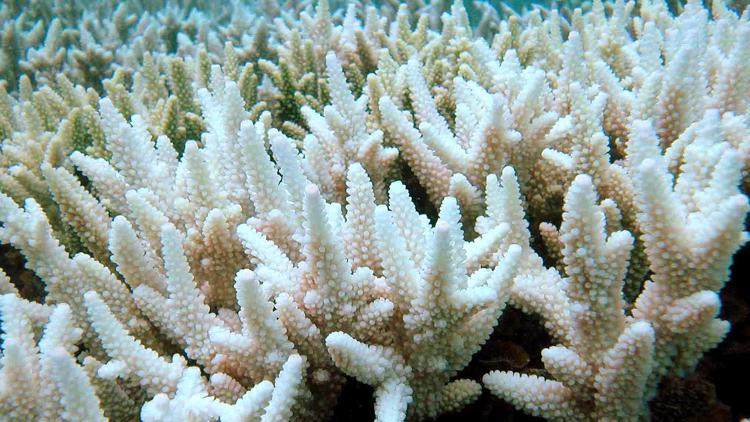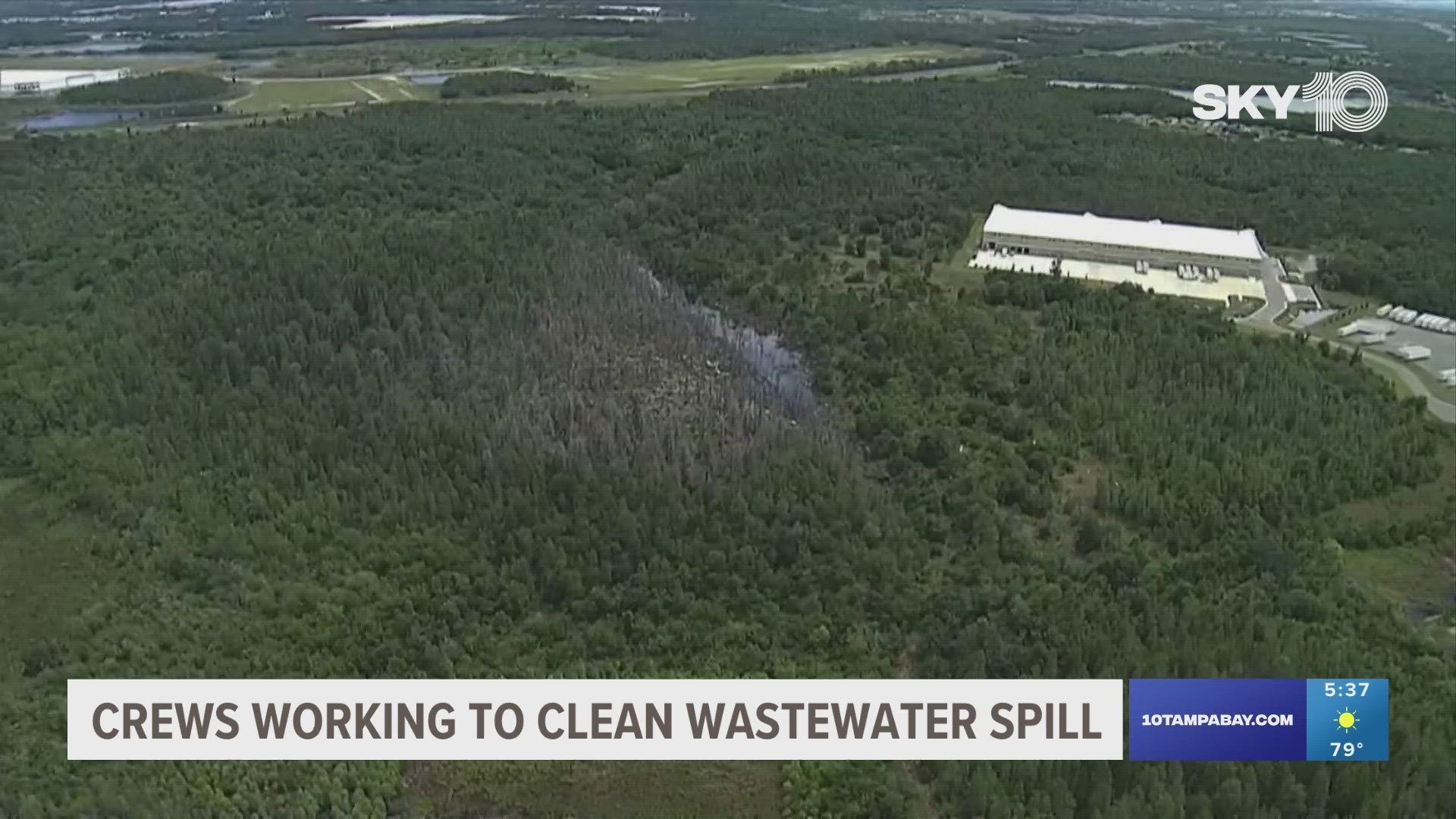In a new study, scientists say that half of the Great Barrier Reef's corals have died over the last 25 years, and hotter ocean temperatures due to climate change are to blame.
The study, published in the Proceedings of the Royal Society journal found a sharp rate of decline across all sizes of corals since the mid-1990s when historical baselines were put in place.
Researchers noted much of the decline was seen along the northern and central regions of the Great Barrier Reef where mass coral bleaching happened in both 2016 and 2017.
According to BBC, scientists reported in March a third mass bleaching event in five years. Scientists were still working on determining the full scale of the damage.
CBS News reports changes in ocean temperatures cause stress to healthy corals, which makes them expel algae living in their tissues and drains them of their vibrant colors in a process called bleaching. CBS News says the first mass bleaching on the reef happened in 1998, which was the hottest year on record at the time.
However, as temperatures in the ocean continue to rise, recovery from mass bleaching has become harder.
CNN says scientists regard coral populations as vital to the coral's ability to breed.
"A vibrant coral population has millions of small, baby corals, as well as many large ones -- the big mamas who produce most of the larvae," said Andy Dietzel, a doctoral student at the ARC Centre of Excellence for Coral Reef Studies, in a statement.
The Great Barrier Reef is the world's largest coral reef and covers nearly 133,000 square miles, according to CNN. It is currently recognized as a World Heritage site.
What other people are reading right now:
- Amy Coney Barrett back on Capitol Hill for senators' final questions
- Trump, Biden to hold competing town halls instead of debating Oct. 15
- Florida mom accused of killing her son, lying to police sentenced 50 years after pleading guilty
- First Trump, now Biden: As campaigns hit Florida hard, nearly 2 million people have already voted
- Maskless Gov. Ron DeSantis slaps high-fives with people at Trump's Florida rally
- What you need to know about the 6 constitutional amendments on Florida ballots
►Breaking news and weather alerts: Get the free 10 Tampa Bay app
►Stay In the Know! Sign up now for the Brightside Blend Newsletter
Words



